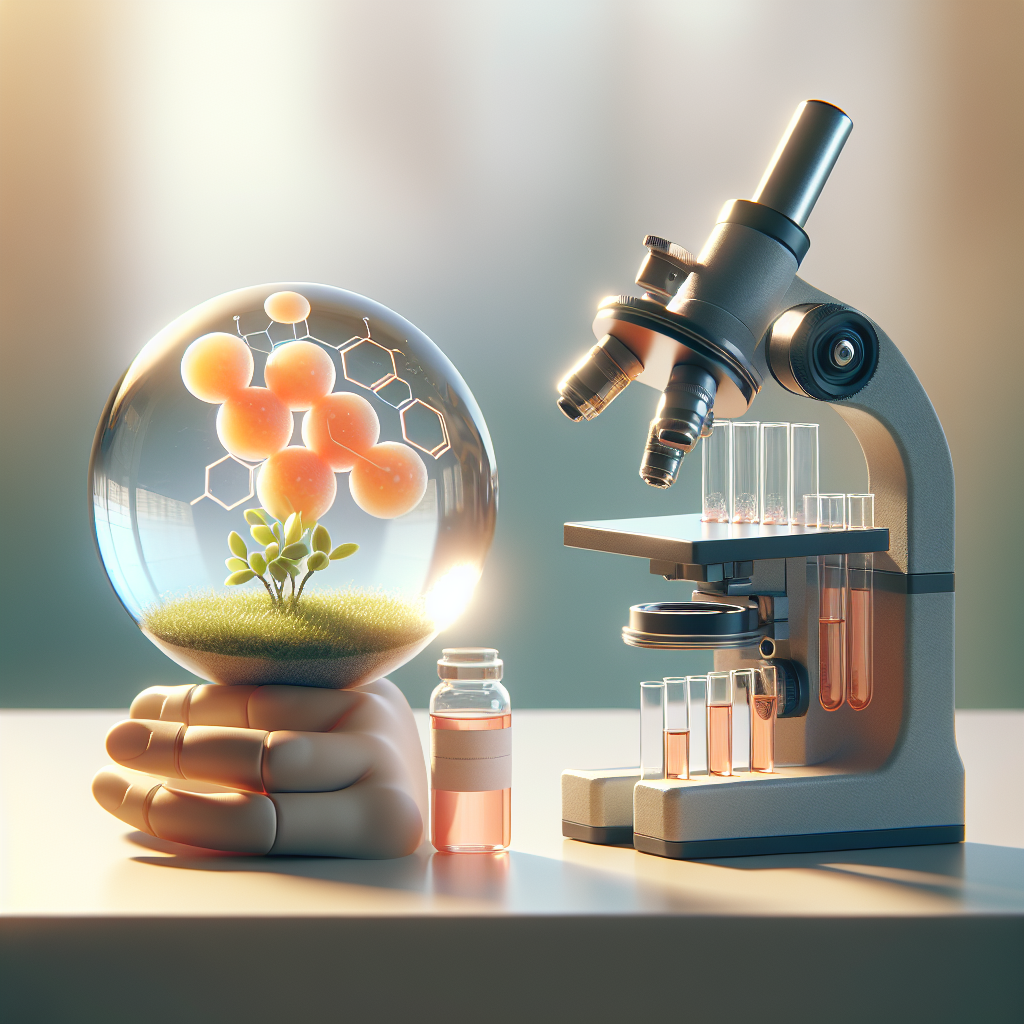In a groundbreaking revelation, UK scientists are on the brink of one of the most monumental advancements in biotechnology—creating synthetic life! The implications are both thrilling and daunting. Within the next five years, experts project that we could witness the rise of wholly artificial organisms, crafted meticulously in the lab from synthetic DNA.
For years, researchers like Craig Venter have pioneered synthetic biology, with past successes including creating the first synthetic bacterium controlled entirely by artificial DNA as reported by The Guardian. BBC News and other outlets have chronicled these advances, discussing significant breakthroughs where synthetic DNA was used to control living cells.
In the UK’s current scientific landscape, synthetic life isn’t just about abstract concepts. Recent developments have shown promising strides towards reengineering the very fabric of life, utilizing advanced technologies to make biological systems more efficient and adaptable, much like Cambridge scientists forming embryos with complex structures such as a brain and a beating heart.
However, the journey is fraught with ethical questions and debates on the potential implications. Could synthetic humans be next? And should they be? As we stand on the cusp of these technological leaps, synthetic biology is quickly turning science fiction into the reality of the not-so-distant future, reshaping how we understand life itself.
